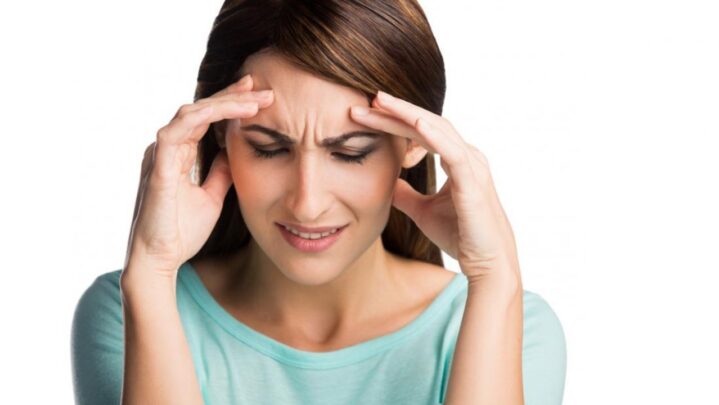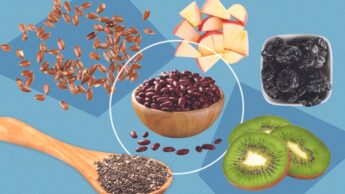There are various kinds of headaches, each with its own set of signs and effects. The majority are transient and occasionally cause worry. Knowing what type of headache an individual is suffering, on the other hand, can help them decide how to cure it and whether or not to see a specialist.
Here are 7 types of headache and its treatment.
1. Migraine headache
The discomfort is frequently expressed as hammering and pounding. They can last anywhere from 3 hours to 4 days and occur two to four times per month on average. Common symptoms include light intolerance, sound, and scents. Medications such as ibuprofen and aspirin can be used to alleviate migraine headaches. Staying hydrated and resting in a dark environment can also aid.
2. Sinus Headaches
Sinus headaches are characterised by a deep and persistent discomfort in the cheeks, head, or nose. Sinusitis occurs when the cavities in your skull, known as sinuses, become swollen. Headaches sometimes persist for several months. However, if it doesn’t improve in a few weeks, see your physician.
3. Thunderclap headache
A thunderclap headache is a strong headache that develops quickly and peaks in severity in less than a second. It could be harmless, but it could also be a sign of something more dangerous that necessitates quick medical care. A strange new headache should be taken carefully. It’s frequently the only indication you have of a significant problem.
4. Hormone headache
Hormone levels fluctuate during menstrual cycles, childbirth, and menopause, which can cause headaches. Hormonal imbalances caused by birth control medications might cause headaches. Periodic headaches occur two days before your period or within the first three days after it begins. After your period, they will eventually go away.
5. Spinal headache
If you have a pain after a spinal puncture, spinal blockade, or epidural, consult a doctor. Because these methods entail penetrating the membrane that encircles your spinal cord, your gp may diagnose it as a puncture headache. A headache might occur if spinal fluid seeps through the puncture area.
6. Hypertension headache
A headache can be associated with hypertension. This type of headache is a life threatening emergency. It happens when your blood pressure increases to excessive levels. These headaches usually disappear as soon as your blood pressure is under control. Consult your doctor if the problem persists.
7. Caffeine headache
If you’re accustomed to getting a specific quantity of coffee on a daily basis, you may get a migraine if you don’t get it. This could be due to the fact that caffeine alters brain activity, and abstinence from it can create a pain in the head. Limiting your caffeine consumption at a moderate amount or completely eliminating it can help you avoid headaches.
Also Read: A Gentleman’s Guide For A Weekend Workout





